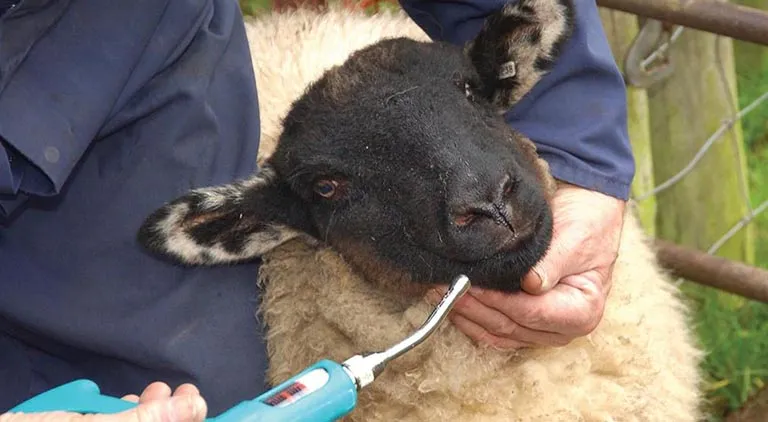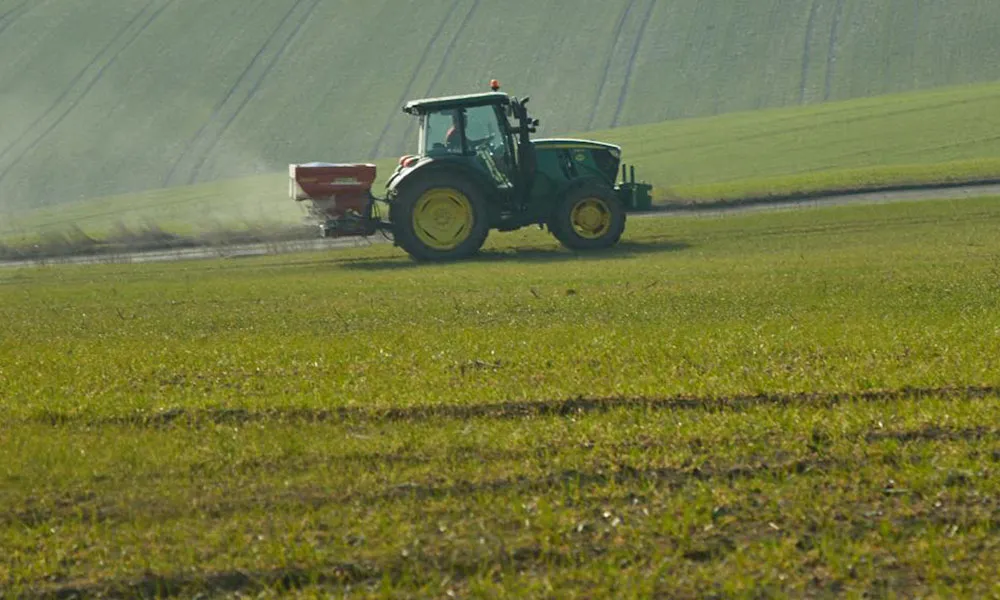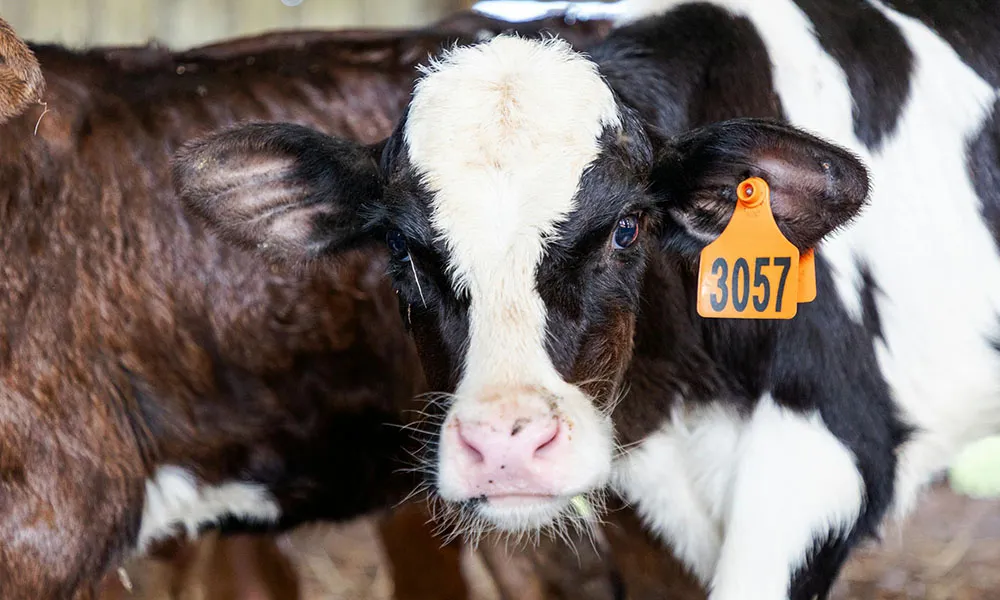
One more thing to worry about?
It will kill scores of jobs in rural Ireland and change the course of Irish farming, but very few in farming circles are talking about the Government’s plan to impose strict new regulations on the sale of animal medicines next year. This lack of interest is surprising since these regulations, if introduced as planned, will have woeful financial consequences for small farmers.
To be fair to Irish farmers, it’s easy to understand how this issue has escaped their notice. They’ve had a lot to contend with in the political arena over the last few years. Farmers are set to take a hit from the Government’s new Climate Bill, while the plan for an EU/Mercosur Trade Deal that would flood the European market with Brazilian beef is still alive. That said, with only 5 months to go before the new wormer regulations are imposed, we can’t ignore this issue anymore.
Animal medicine regulation: what’s it all about?
The current round of debate over Ireland’s wormer regulation policy began back in 2019, when the EU passed new rules on the sale of medicines for food-producing animals. Until now, Irish farmers have been able to purchase animal medicines over the counter without a prescription. However, partially in response to increased anthelmintic resistance in cattle and sheep, new EU policy sets out that sale of these medicines, including fluke and worm doses, should be subject to veterinary prescription.
Many farmers may despair to hear this, but there remains a glimmer of hope. EU policy on this issue is not absolutely binding. During negotiations on regulation, the UK managed to secure an amendment to protect the right of Specially Qualified Professionals (SQPs) to sell animal medicines (excluding antimicrobials) to farmers. This means that the ball is very much in the Irish Government’s court regarding interpretation of the law. If the Minister for Agriculture wishes, he can adopt the specially-written derogation that permits qualified retail staff to make prescriptions for wormers and other animal medicines. In short, then, the EU will not force Ireland to hand vets a monopoly on the prescription of all animal medicines after all.
The good news for farmers ends there, unfortunately, because the Department of Agriculture, Food and the Marine has already decided not to adopt the provision that would allow retailers to continue selling medicines to farmers. So, as things stand, we will no longer be able to purchase wormers and other animal medicines after 28 January 2022, when the new regulations come into effect. Only a huge public outcry could persuade the Minister for Agriculture to change course at this point.
Winners and losers
The Government’s plan to hand full control of animal medicines over to vets promises to be a financial disaster for farmers. It is the sort of policy you might expect from politicians and other policymakers, many of whom have never set foot on a farm and know nothing of the day-to-day tribulations of the profession. As any farmer will tell you, vets do not come cheap. No matter how minor the service, they will slap a hefty bill on the farmer’s doorstep. That doesn’t mean I have anything personal against vets. Most of them are very good at their job, but it would be naïve enough to think they won’t capitalise on any advantage the Government gives them. The harsh reality is this: anything that drives up the number of veterinary visits we make in a year will have dire consequences for farmers' bottom line. While some bigger farmers might be able to cope with this additional financial burden, the likely cost increases to come with a veterinary monopoly on medicines will cripple many of Ireland's small and medium scale farms.
Yet farmers will not be the only big losers if the new wormer regulations are imposed. Current Irish Law allows Responsible Persons (RPs) to dispense Licensed Merchant (LM) medicines, such as fluke and worm doses, to farmers. Most farmers know their RP as the person who sells them their dosing fluid across the counter, but not everyone is aware that these are highly trained individuals. In order to sell drenches and other treatments over the counter, they had to take a QQI Level 6 in the retail sale and supply of animal medicines.
RPs in retail stores all over this country are putting bread on the table by selling animal medicines. Should the new regulations come into effect, many of these people will be put out of work. Even worse, the new legislation will make their qualification redundant, since the law will not allow them to sell the products they have been trained to sell. And while the more obstinate farmer may not see why this should worry him, it is important to remember that many, if not most, RPs are farmers who have gained this qualification so they can work in a farming-related area. I know people who went into this line of work because the farm, alone, no longer provides an adequate income for them.
A reasonable alternative
Lobbying against the imposition of new wormer regulations, the Independent Licensed Merchants Association (ILMA) has called for the Government to meet them halfway on this issue. Instead of simply allowing vets to monopolise the sale of animal medicines, they advocate for the formation of a regulatory body for Responsible Persons in the retail sector. This new body would create and maintain a code of practice to ensure responsible prescription practices among retailers, address environmental concerns and safeguard the viability of medicinal ingredients. The Association says that it is willing to work with the Department of Agriculture, Food and the Marine to form a specific prescription classification for Licensed Merchant medicines that will not clash with full veterinary prescription.
Stand together and push back
Often, when lobby groups come together to oppose national policy, they are accused of making unreasonable counterproposals. Nobody could accuse the ILMA of this. Their argument for a new regulatory body is eminently reasonable. They are not denying that there is a problem with anthelminthic resistance in Irish livestock, or suggesting that policy changes aren’t needed. Rather, they are simply asking that the situation be rectified in a way that will not cost huge numbers of rural jobs, imperil small businesses and drive-up farm costs.
As of yet, however, the Department has refused to cede any ground to the Association. It seems that the Irish Government is determined to take the most radical route available to control the sale of animal medicines. That's why I would call on farmers, Responsible Persons and retailers to stand together and push back against a policy that will do enormous harm to the entire agriculture sector.










